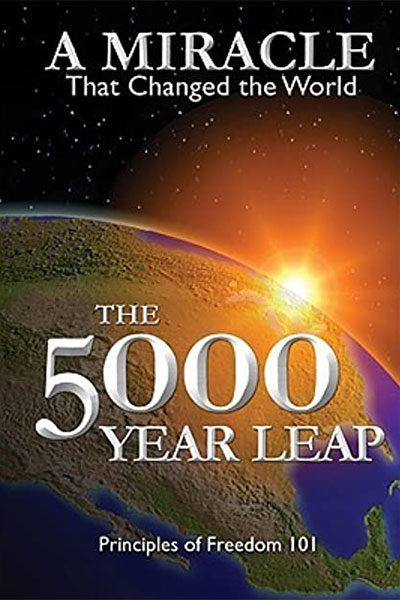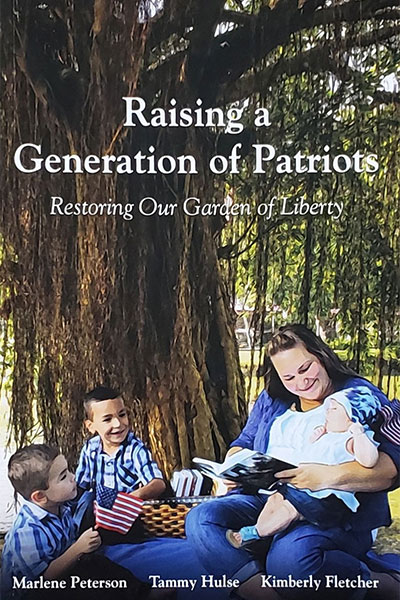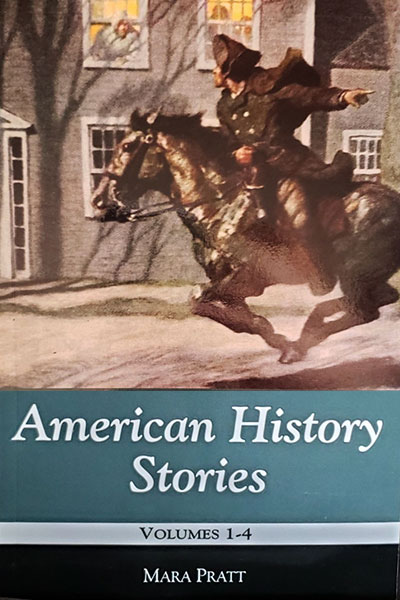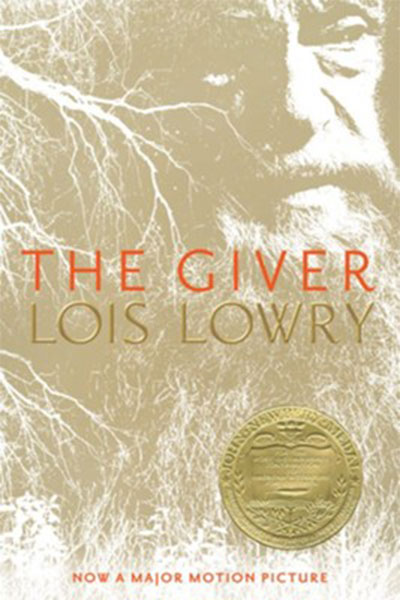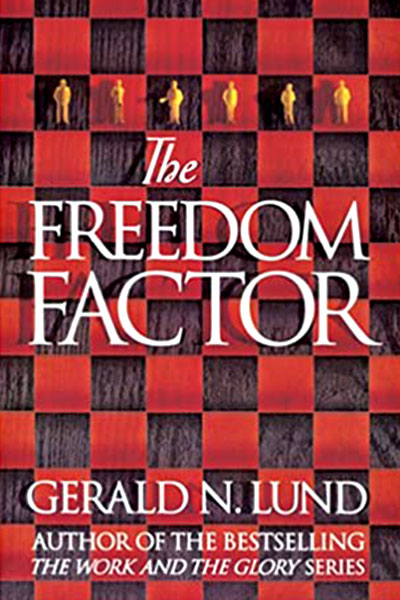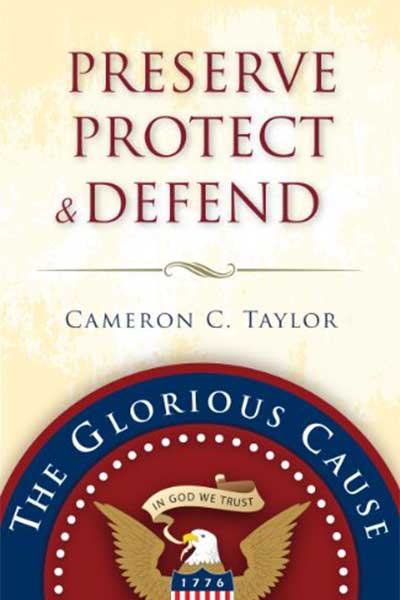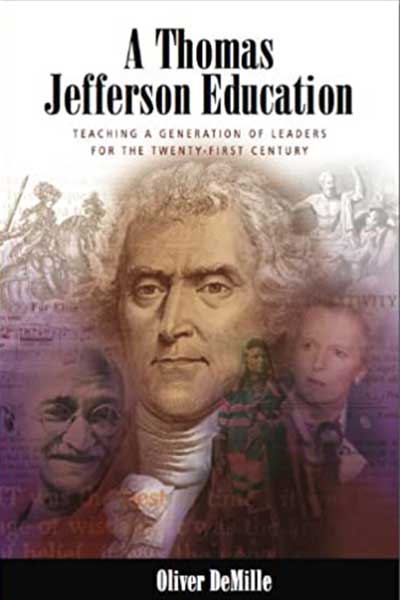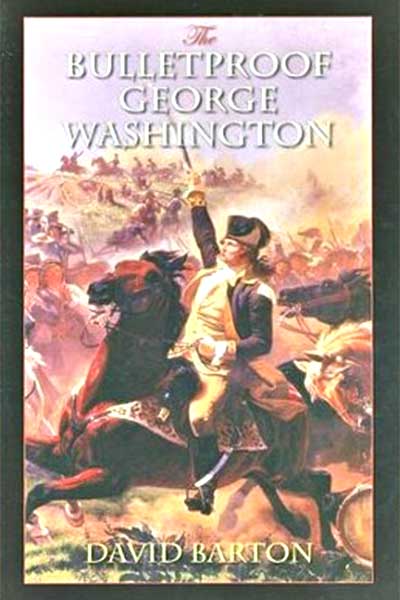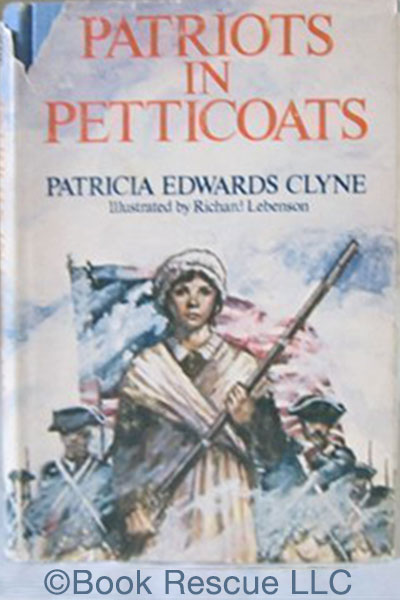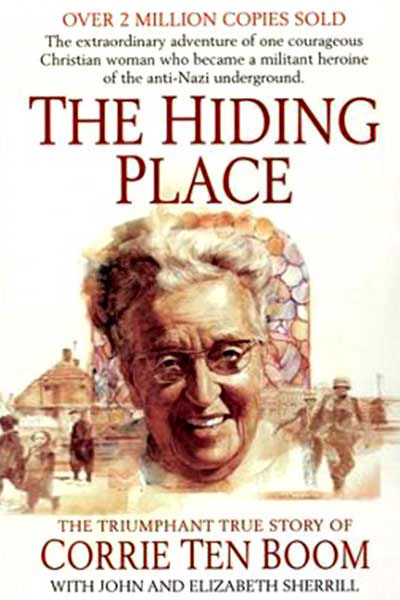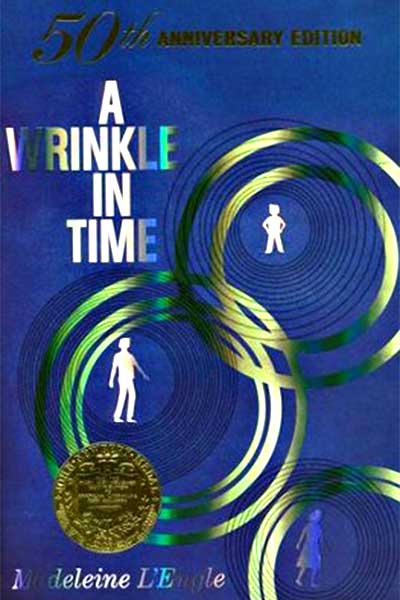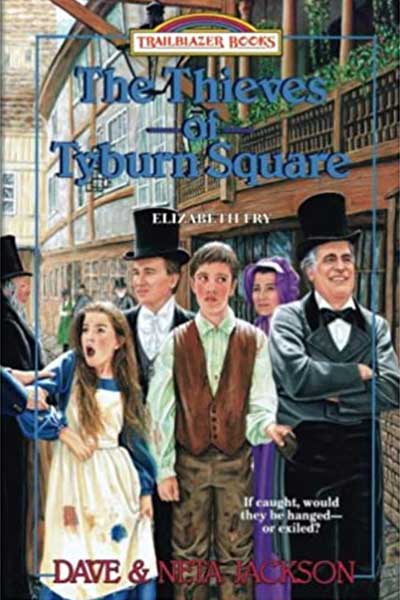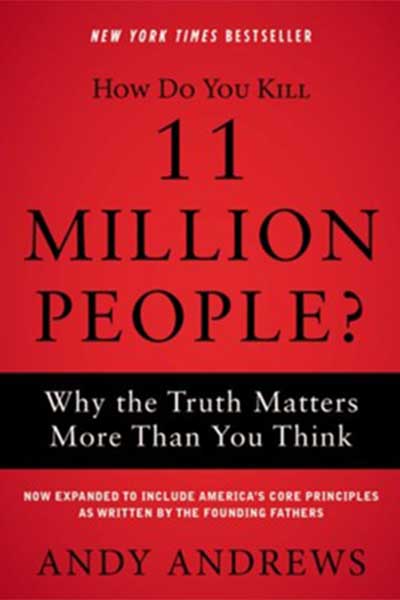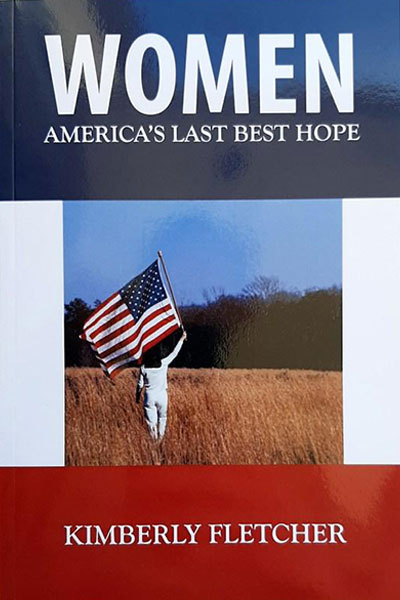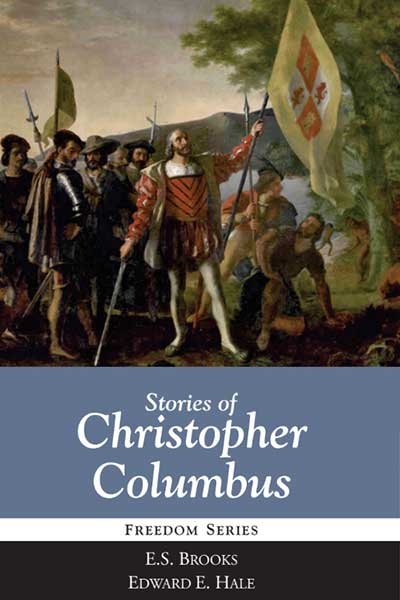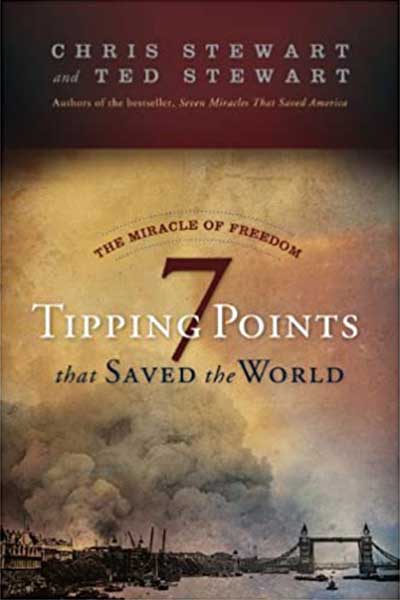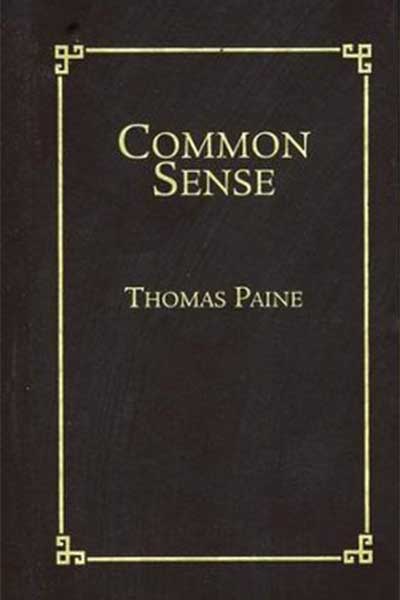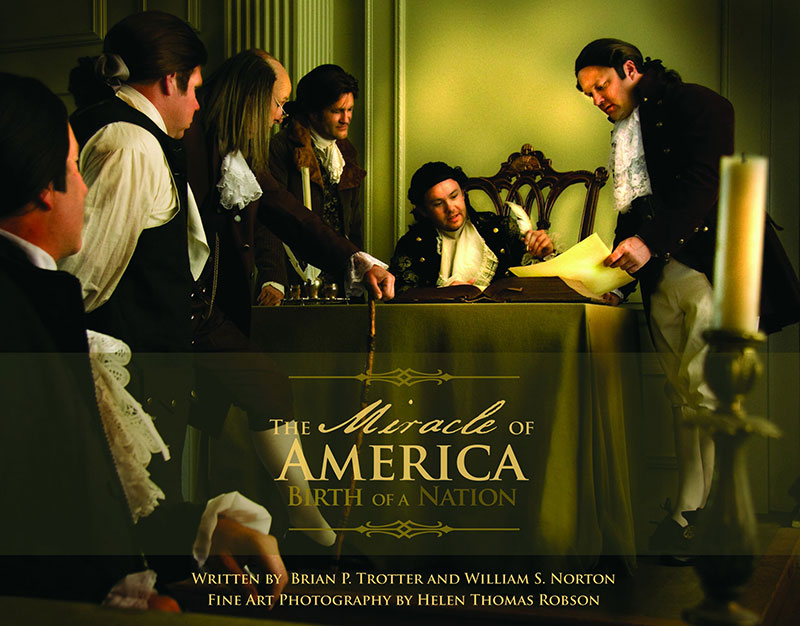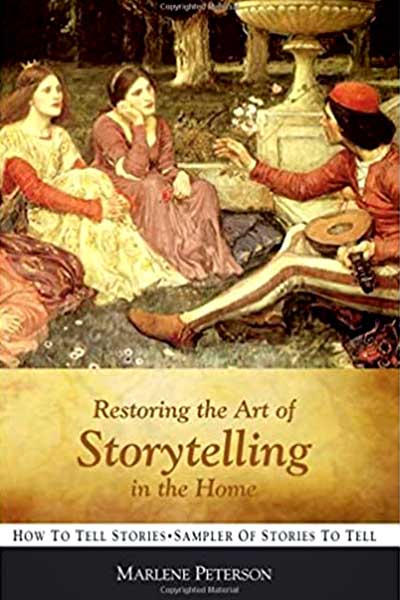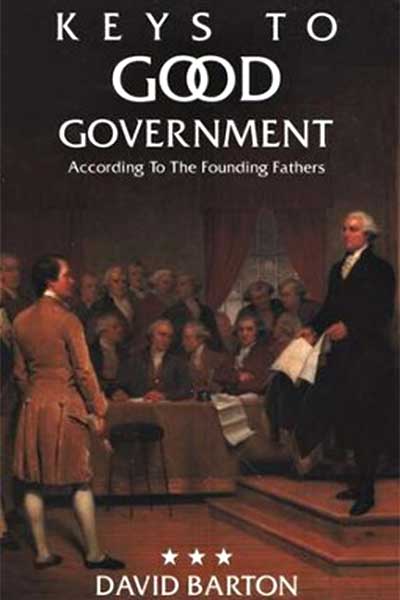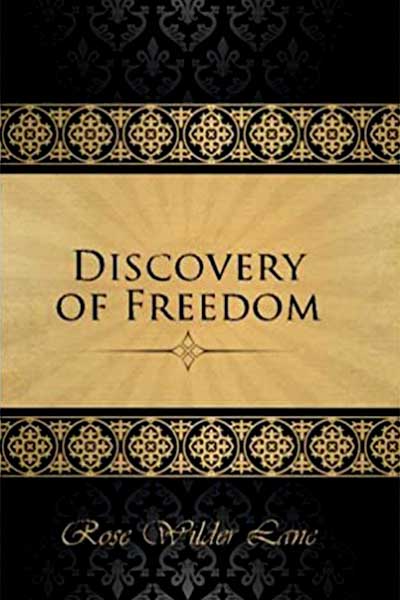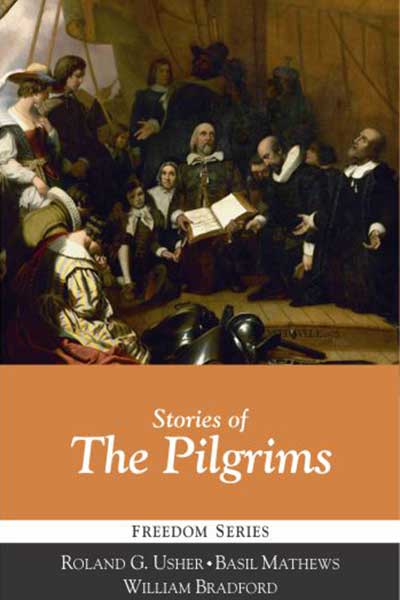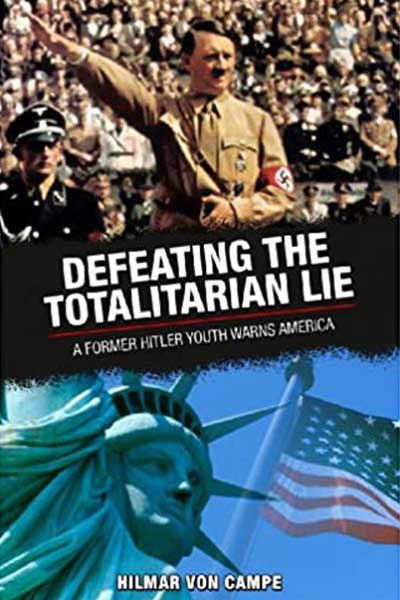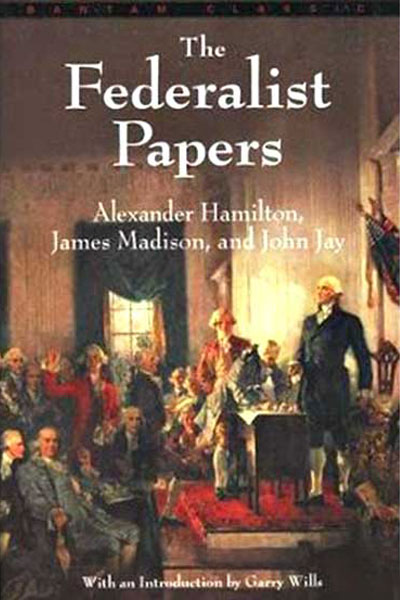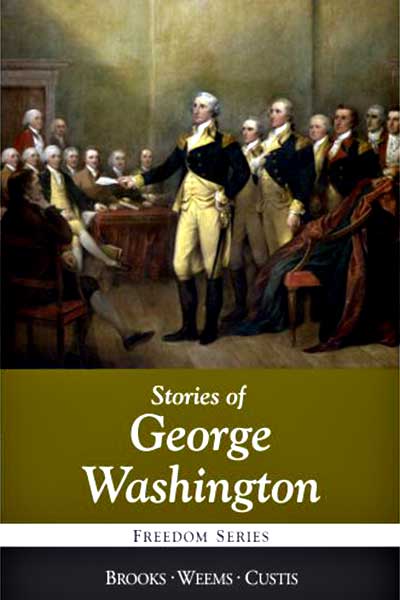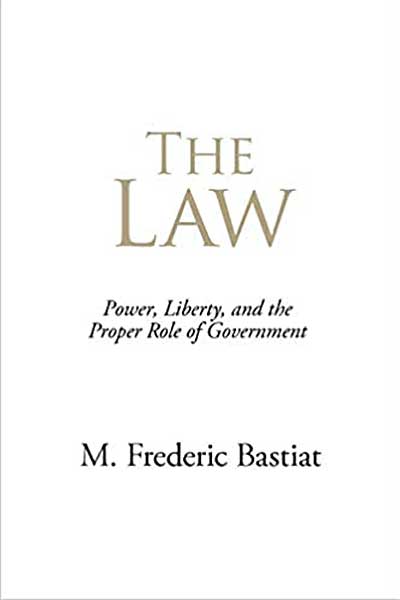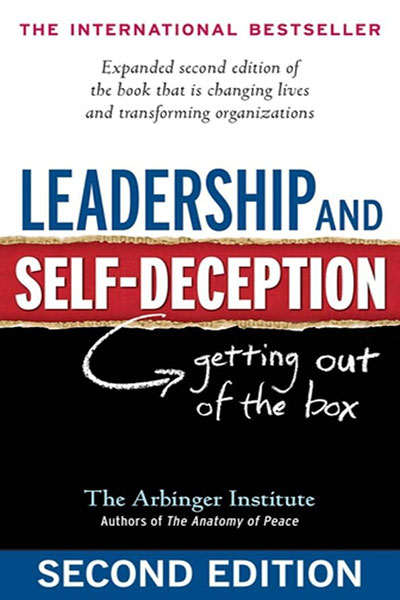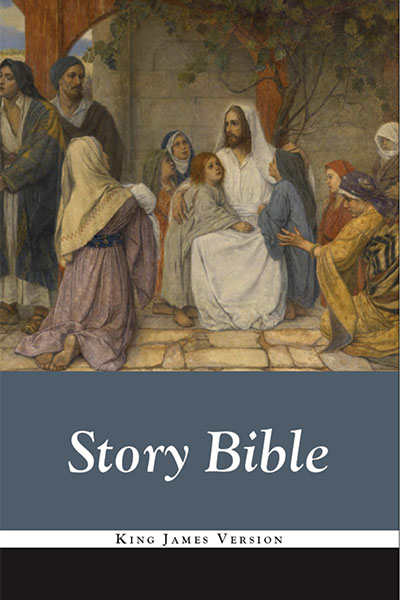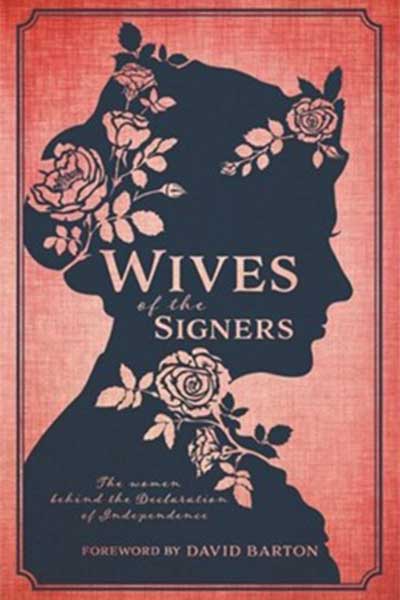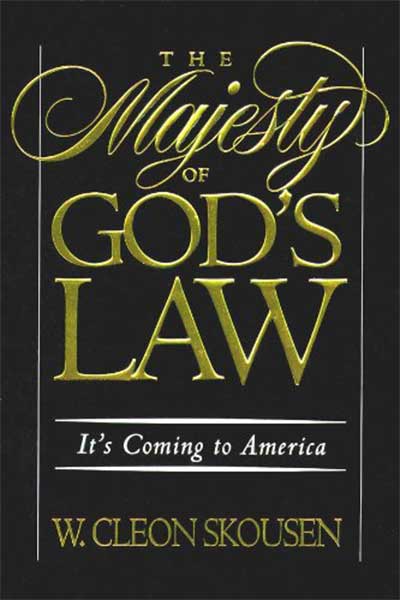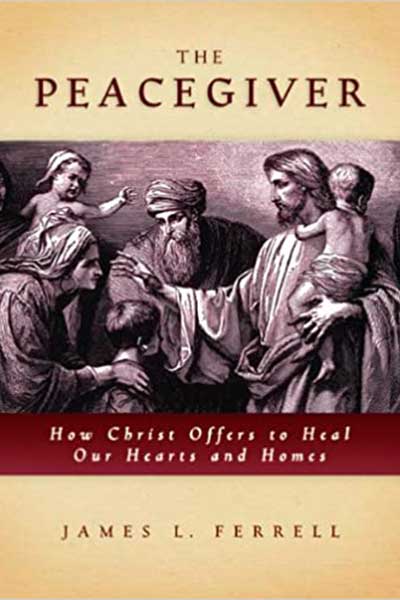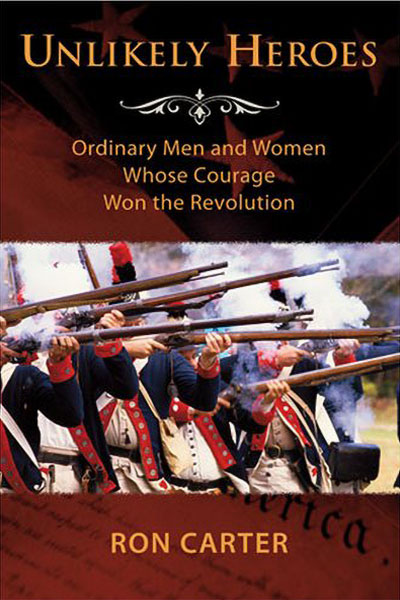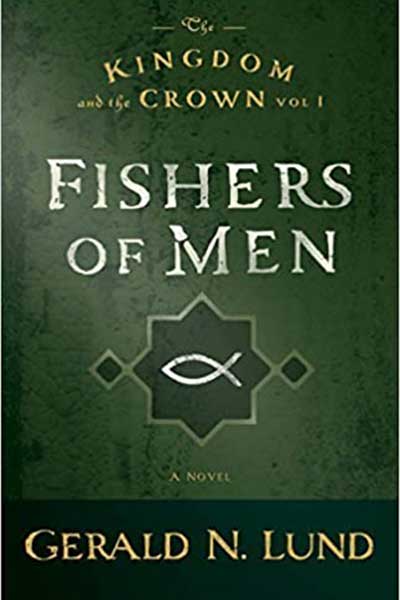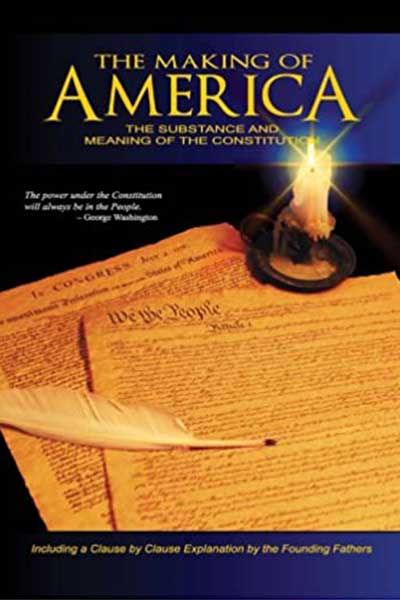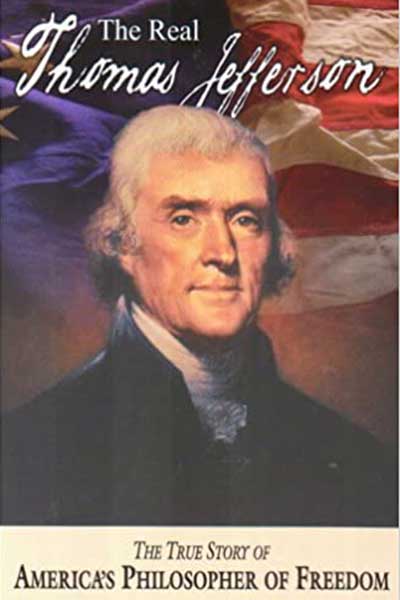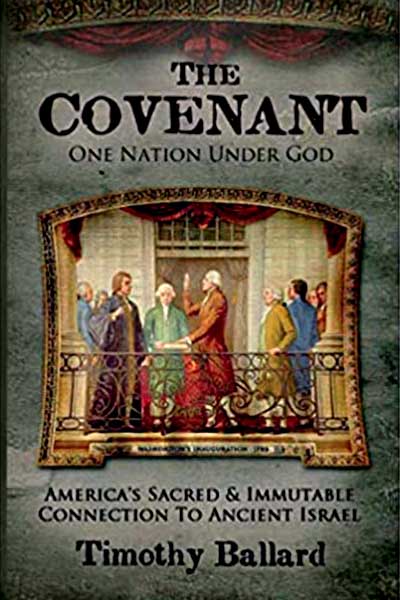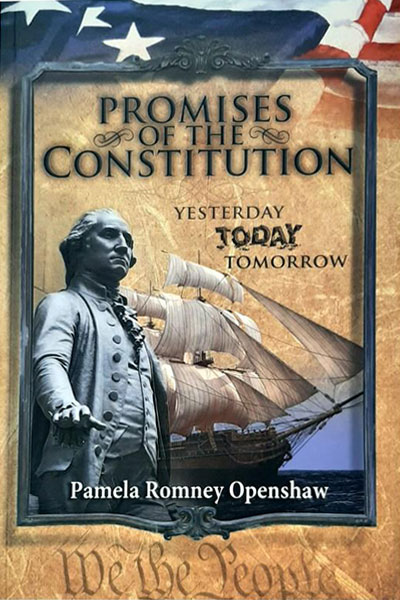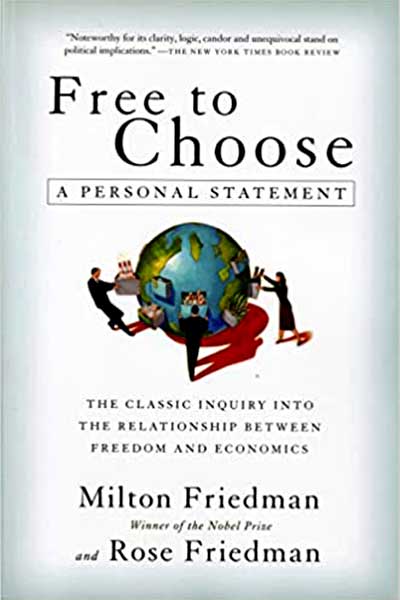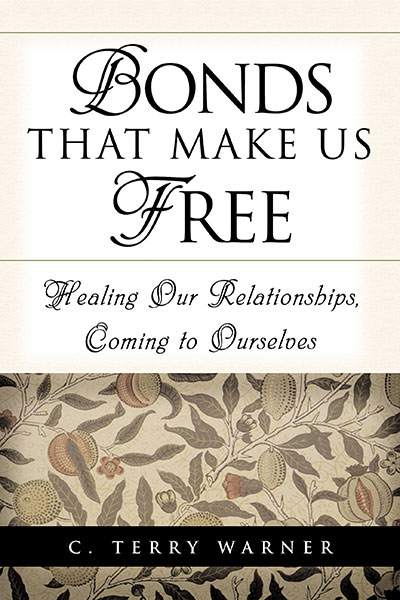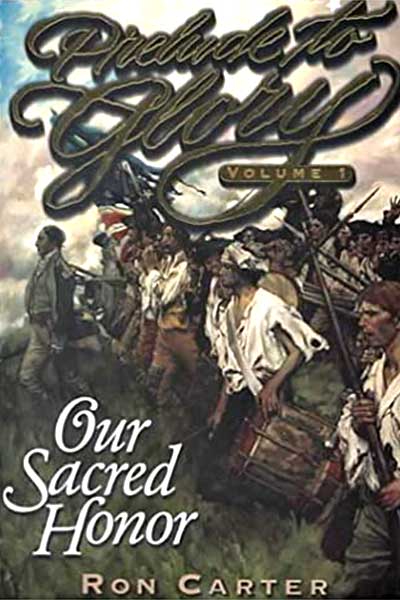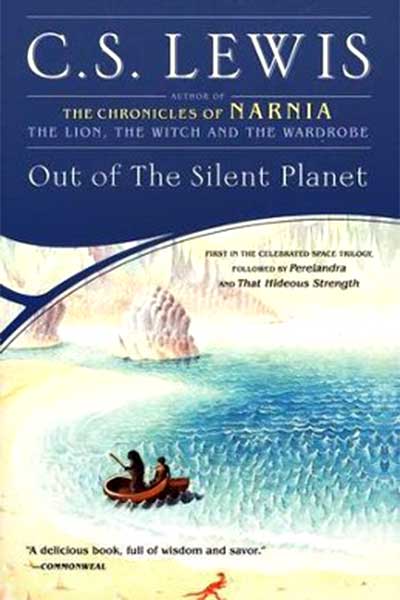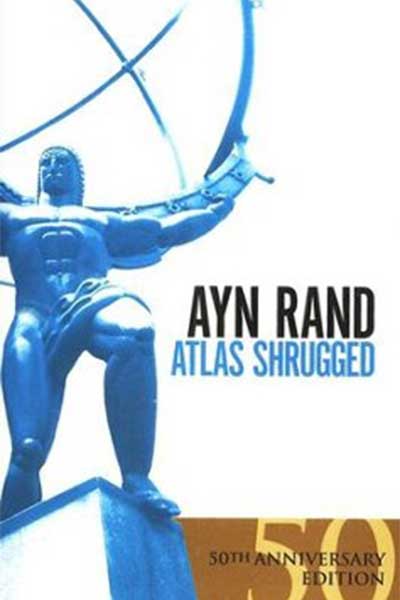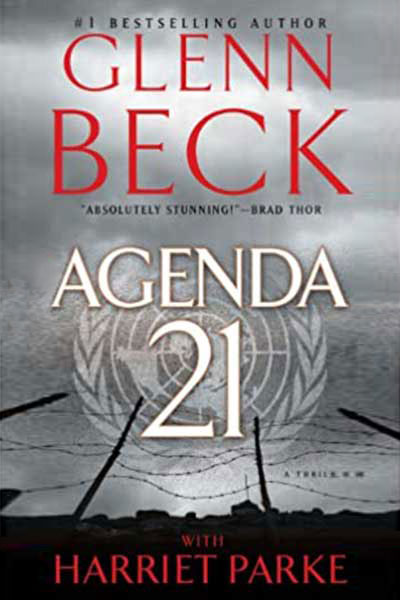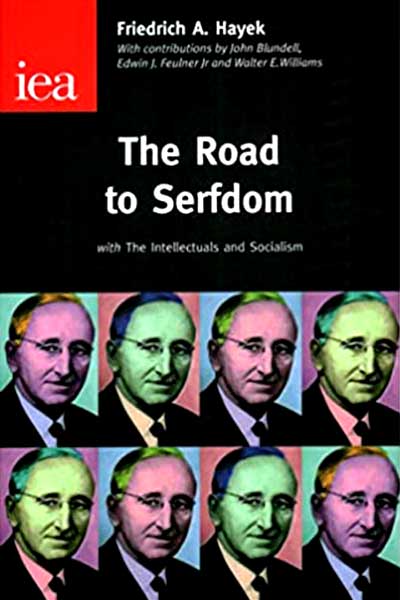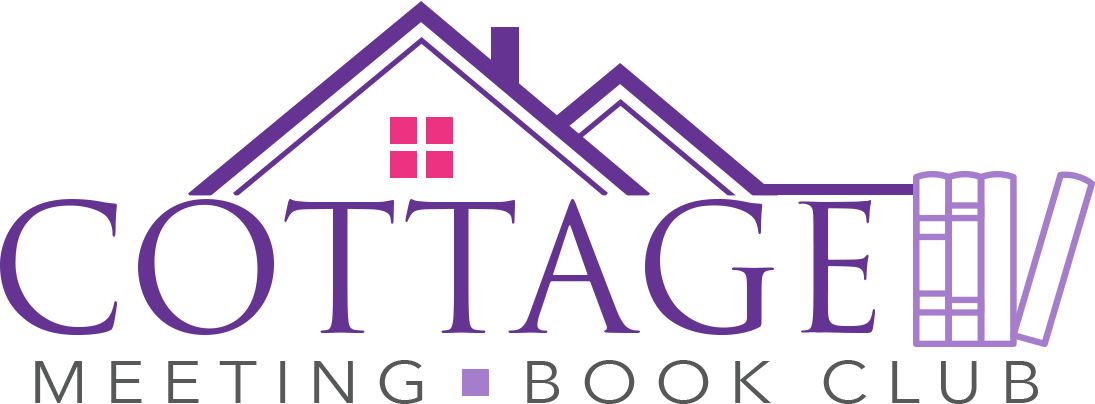

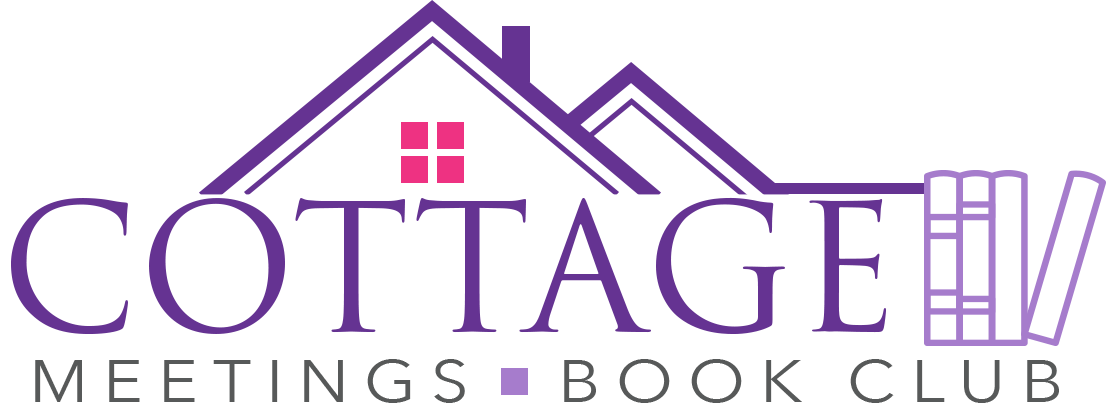
“When the world is in chaos, and not able to locate its identity, it’s the storytellers that bring it back to center. Because storytellers are the keepers of the culture.”
~ Michael Meade

Nurturing a love of liberty can be as simple as gathering a group of moms around your kitchen table with a good book! That is the idea behind the Cottage Meeting Book Club. We provide the book lists and suggested discussion topics; you gather your group of readers and then, once a month, meet with your group to start a conversation about what you read.
We’ve done all the work for you!
There are a lot of great books available but the process of finding them can be a little overwhelming; and then there is always the frustration of wondering whether or not you can trust the source. There is also the issue of time. And what about those of us who aren’t “into reading”?
We considered all of these things when compiling the The Cottage Meetings reading lists. Our goal was to create a list of books that were high interest, easy to read, not cumbersome in length, and which contained the ideas and principles that will promote liberty; so that just by reading one book a month, at the end of the year, you would have a firm understanding of the principles of liberty and gain a love for our nation’s unique history and heritage. After much thought and consideration, we feel confident we have achieved our purpose. Once you read the first set of books, if you like more exciting, thought-provoking reads, we have added an additional 3 sets of reading lists.
The Reading Lists
If you have participated in Cottage Meetings, you will notice that some of the books listed below are already included as part of the Cottage Meeting program as core resources or supplemental reading. This, we feel, is evidence of the quality of the books listed and the value we place on them. So open a book and enjoy the adventure!
* Asterisked books in the sets below are great for family read aloud!
Set #1
Set #2
Set #3
Set #4
The 5000 Year Leap: A Miracle that Changed the World
by W. Cleon Skousen
Raising A New Generation of Patriots: A Garden Allegory
by Marlene Peterson, Tammy Hulse, Kimberly Fletcher
Stories of American History*
by Mara L. Pratt
(available at Libraries of Hope)
Animal Farm
by George Orwell
The Giver*
by Lois Lowry
Freedom Factor
by Gerald N. Lund
Preserve, Protect and Defend
by Cameron C. Taylor
Seven Miracles that Saved America
by Chris & Ted Stewart
Thomas Jefferson Education
by Oliver DeMille
The Alliance
by Gerald N. Lund
The Bulletproof George Washington*
by David Barton
Patriots In Petticoats*
by Patricia Edwards Clyne
The Hiding Place
by Corrie ten Boom
A Wrinkle In Time*
by Madeleine L’Engle
The Thieves of Tyburn Square*
by Elizabeth Fry
How to Kill 11 Million People
by Andy Andrews
WOMEN: America’s Last Best Hope
by Kimberly Fletcher
The Light and the Glory
by Peter Marshall and David Manuel
Stories of Christopher Columbus*
(Freedom Series from Libraries of Hope www.librariesofhope.org)
Seven Tipping Points that Saved the World
by Chris & Ted Stewart
Common Sense
by Thomas Paine
The Miracle of America: Birth of A Nation*
by Brian P. Troter, William S. Norton and Helen Thomas Robson
Restoring the Art of Storytelling in the Home
by Marlene Peterson
Keys to Good Government
by David Barton
Discovery of Freedom
by Rose Wilder Lane
Stories of the Pilgrims*
Freedom Series from Libraries of Hope www.librariesofhope.org
Defeating the Totalitarian Lie
by Hilmar Von Campe
The Federalist Papers
by Alexander Hamilton, James Madison, and John Jay
Stories of George Washington*
Freedom Series from Libraries of Hope www.librariesofhope.org
The Law: Power, Liberty, and the Proper Role of Government
by M. Frederic Bastiat
Leadership & Self-deception
by Arbinger Institute
The Story Bible*
by Libraries of Hope
Wives of the Signers
by Harry Clinton Green, Mary Wolcott Green and David Barton
Majesty of God’s Law
by W. Cleon Skousen
The Peacegiver
by James L. Ferrell
Unlikely Heroes
by Ron Carter
Fishers of Men
by Gerald N. Lund
The Making of America
by W. Cleon Skousen
The Real Thomas Jefferson
by Andrew M. Allison
The Real Benjamin Franklin
by Andrew M. Allison
The Covenant: One Nation Under God
by Timothy Ballard
Promises of the Constitution
by Pamela Romney Openshaw
Freedom to Choose
by Milton Friedman
Bonds that Makes Us Free
by C. Terry Warner
Our Sacred Honor
by Ron Carter
Out of the Silent Planet
by C.S. Lewis
Atlas Shrugged
by Ayn Rand
Agenda 21
by Glenn Beck
Road to Serfdom
by Friedrich Hayek
Freedom Documents
Of course, it goes without saying that to gain a clear and true understanding of liberty, the document that established us as a nation and the one with which all our laws and government are based must be considered mandatory reading.
DECLARATION OF INDEPENDENCE – Click to Read the Document
CONSTITUTION OF THE UNITED STATES – Click to Read the Document
So where do I start?
Starting your discussion.
Step one: Getting your group together:
How many people would you like to invite to join your book club? The size of your group is completely up to you! A group of 3-5 women is a good size for an intimate conversation, while 6-9 members can encourage a more lively exchange of ideas. Not sure who to invite? Feel free to think outside the box! Consider talking to moms you hang out with during soccer practice about discussing a book during that time, or posting on your Facebook page to see if anyone is interested.
Step Two: When and Where:
Now that you know who is coming, you can decide when and where you would like to meet. You’ll need to consider the schedules of the moms you want to include in your group. Your group can meet at someone’s home, at the library, at a local coffee shop, or where ever you’d like. You can plan for a simple discussion over a cup of coffee, or coordinate a potluck of snacks and mom treats! If you are struggling to coordinate schedules to get together with your group in person, you may want to consider a virtual group! A closed Facebook group, a virtual discussion through an online chat, or a video chat can be a creative way to stay connected when busy calendars get in the way.
Step Three: What are you going to read:
Our Classics: Set #1 is a great place to start for helping your group develop a strong foundation in the principles of liberty. From there, we have further resources listed in Classics Set #2, 3 and 4, to help you dig deeply into these topics. There are approximately twelve books per list, so you can use the list as a blueprint for the year, or take your time on each book!
Step Four: Leading the meetings:
Before you freak out about public speaking, just remember that these are discussion groups made up of your friends! You can make your discussion time as formal or as casual as you want. The great thing about a book club discussion, is that no one is going to whip out a copy of Robert’s Rules of Order and grade you on your performance. All you really need are material to discuss, which we picked in the last step, and a list of discussion questions. Here are four main categories of discussion questions to get you going.
Observation:
Take a minute and survey the book you read. The great thing about this part is that it gives everyone a refresher on the material, and gives you some topics to refer back to during the main discussion. What stood out to different people about the book? What points about the author’s worldview are readily apparent from the conclusions he drew? What do you know about the author, and what do you learn about them through their book?
Evaluation:
This step is critical to active listening. What we read affects the way we view the world, so it is important to have a standard to check what you read against. A few good ideas to get you started are Scripture, the Constitution, and the principles of Limited government, Individual freedom, Free enterprise, and Traditional Values (or the LIFT Principles, from Patriot Academy). To get started, how does what you have read line up with scripture? Do you have any particular verses or biblical principles that apply (positively or negatively) to what you are reading? Next, how does your understanding of the constitution inform your opinion of what you have read and its potential affect on our country and the world. And finally, does what you have read talk about any of the four LIFT Principles, and what does it say about them. The evaluation process helps you identify truth in what you are reading, as well as safeguarding against internalizing inaccurate information.
Implications:
What does this mean for me? The best book in the world can only change the way you think if you take a minute to look at the short and long-term effect of the ideas and actions in the book. What are three possible positive, and three possible negative outcomes of the proposed solutions in the book? What values must be sacrificed in order to promote the principles in the book? Have the ideas in the book affected history positively or negatively? What are some potential moral implications of the worldview in the book?
Action:
Is there something that you see because of what you read that brings to mind something in our country to pray about? Are there people to whom you need to communicate the truth you have read? Like every good thing, start small. Maybe you talk to a friend or family member, maybe you talk to your neighbor or call an elected official. We are not all called to run for office, or write a bestselling book, but we are all called to be faithful in the little things in our everyday life.
As you wrap the discussion up, you can take a minute to introduce the next book, maybe with a few facts about the author, or have someone read the back or the flyleaf aloud. End the meeting with prayer for our country, for the world at large, and ask if there is anything the ladies in the group would like you to pray for. Often, there is no easy answer for some of the trials we face, but we serve an awesome God who is fully capable of giving grace and discernment for anything He has placed in our lives.
“Learning is not attained by chance, it must be sought for with ardor and diligence.”
“If we mean to have heroes, statesmen, and philosophers, we should have learned women.” ~ Abigail Adams
Have these books inspired you? Would you like to check out our Cottage Meeting videos and explore joining or starting a Cottage Meeting Group?
If you have questions about Cottage Meetings, please contact us at moms@momsforamerica.us
To purchase a Starter Kit, visit our store HERE.

